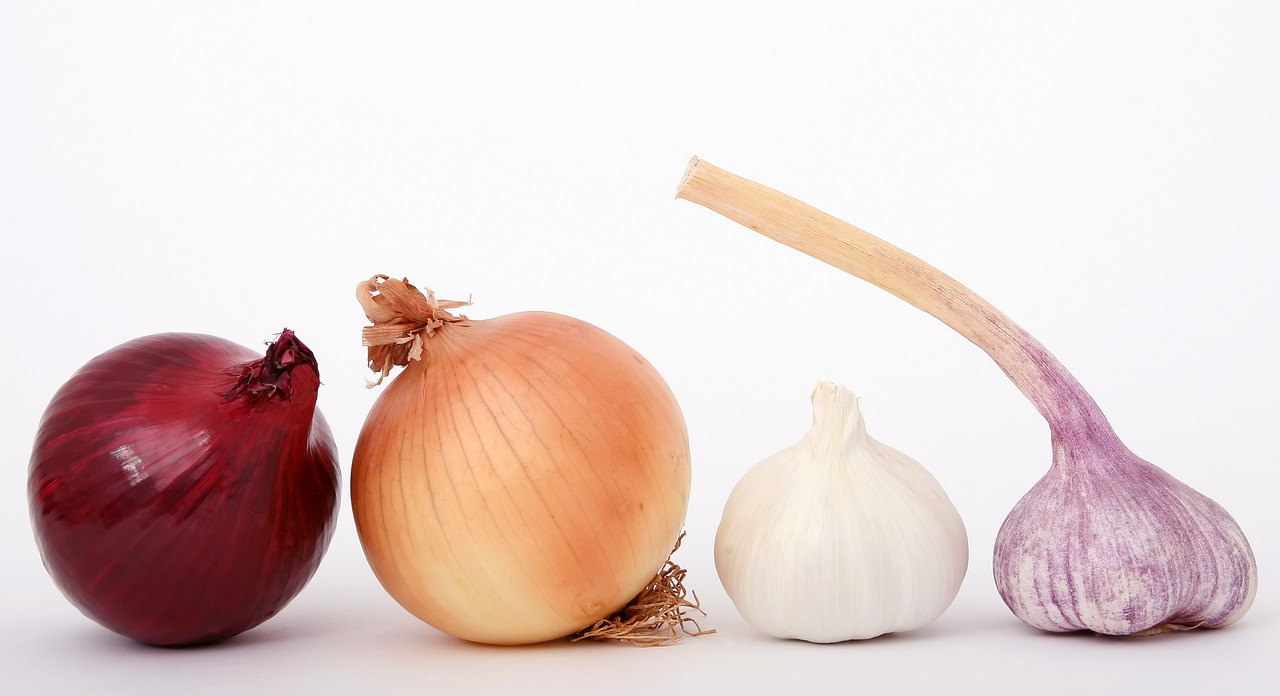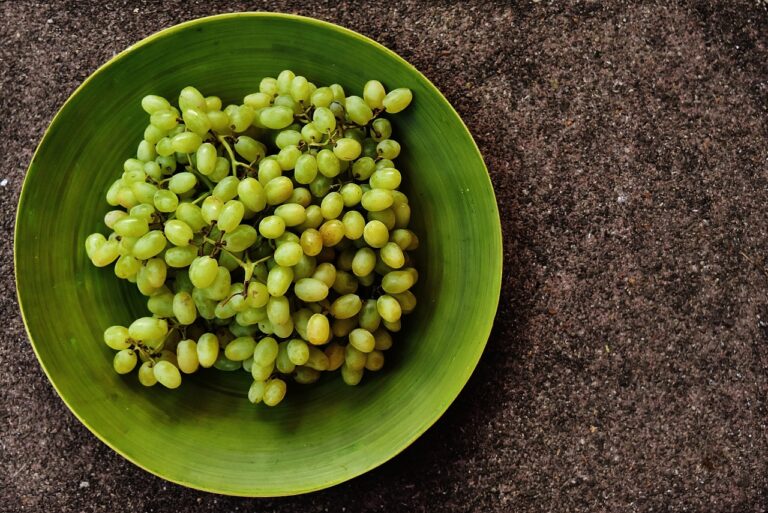Food Industry’s Role in Promoting Sustainable Agriculture: Conservation Practices and Certification Programs
Sustainable agriculture is essential for the future of the food industry. By adopting methods that preserve natural resources and minimize environmental impact, farmers can ensure the long-term viability of their operations. This not only benefits the environment but also helps to maintain the health and quality of the food produced for consumers.
Furthermore, sustainable agriculture practices promote economic stability for farmers by reducing input costs and enhancing productivity over time. By prioritizing soil health, water conservation, and biodiversity, farmers can create a resilient and sustainable food system that is better equipped to withstand the challenges of climate change and other external pressures. This shift towards sustainability is not only necessary for the health of our planet but also crucial for ensuring food security for future generations.
Promoting Environmental Stewardship Through Conservation Practices
Conservation practices in agriculture play a crucial role in promoting environmental stewardship. By implementing techniques such as crop rotation, cover cropping, and reduced tillage, farmers can help maintain soil health, prevent erosion, and preserve water quality. These practices not only benefit the environment but also contribute to sustainable food production in the long term.
Furthermore, conservation practices can help mitigate the effects of climate change by sequestering carbon in the soil and reducing greenhouse gas emissions. Adopting strategies like agroforestry, integrated pest management, and water conservation not only improve the resilience of agricultural systems but also protect natural habitats and biodiversity. By prioritizing conservation practices, the food industry can take significant steps towards fostering environmental stewardship and ensuring a more sustainable future for generations to come.
Certification Programs for Sustainable Agriculture in the Food Industry
Sustainable agriculture certification programs play a crucial role in ensuring that farming practices are environmentally friendly and meet specific sustainability standards. These programs help consumers make informed choices by providing transparency about how their food is produced, allowing them to support companies that prioritize sustainable practices. By setting clear criteria and guidelines for sustainability, certification programs encourage farmers and food producers to adopt eco-friendly methods that minimize negative environmental impacts.
Additionally, certification programs for sustainable agriculture help to promote a sense of responsibility and accountability within the food industry. By holding farmers and producers accountable for meeting sustainable standards, these programs incentivize continuous improvement and innovation in agricultural practices. This not only benefits the environment but also helps build consumer trust and confidence in the food products they purchase, ultimately contributing to a more sustainable and ethical food system.
What is sustainable agriculture and why is it important in the food industry?
Sustainable agriculture is a farming practice that aims to produce food in a way that is environmentally friendly, socially responsible, and economically viable. It is important in the food industry to ensure the long-term health of our planet, communities, and economies.
How can conservation practices promote environmental stewardship in sustainable agriculture?
Conservation practices such as crop rotation, cover cropping, and integrated pest management can help preserve soil health, water quality, and biodiversity. By implementing these practices, farmers can reduce the negative impact of agriculture on the environment.
What are some certification programs available for sustainable agriculture in the food industry?
Some popular certification programs for sustainable agriculture in the food industry include USDA Organic, Fair Trade Certified, Rainforest Alliance Certified, and Non-GMO Project Verified. These certifications help consumers identify products that have been produced in an environmentally and socially responsible manner.







